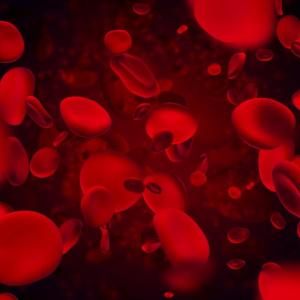Case Western Reserve University will play a primary role in a new $46.4 million federally funded project to develop a freeze-dried blood substitute that, if successful, has the potential to save thousands of wounded soldiers’ lives—and civilian lives, as well.
The Defense Advanced Research Projects Agency (DARPA) is funding the four-year effort, which is being led by the University of Maryland School of Medicine and involves multiple academic institutions and industry partners.
The project marks the most significant step to date in the quest to create artificial whole blood, said blood surrogate pioneer Anirban Sen Gupta, the Leonard Case Jr. Professor of Engineering at the Case School of Engineering and lead investigator of the CWRU team on the DARPA-funded project.
“That’s why this is so exciting—this could be the culmination of a century of efforts by human beings to create a substitute for whole blood,” Sen Gupta said. “This is a historic effort and one that scientists in our field have been talking about for a long time. We needed something visionary like this DARPA endeavor to really make it come together.”
The Case Western Reserve team will analyze how well the three blood-surrogate components—materials mimicking platelets, red blood cells and plasma—effectively work when combined.
Answering a big question
“The big question we’ll be answering over the next four years is: Can we come up with a surrogate product that works like whole blood?” Sen Gupta said.
The rest of CWRU’s team includes Umut Gurkan, professor of mechanical and aerospace engineering; Harihara Baskaran, professor and chair of chemical engineering; and Shannon French, director of the Inamori International Center for Ethics and Excellence. French will oversee the ethical, legal and social implications of the research. Sen Gupta said he will also be collaborating with Pedram Mohseni, chair of electrical engineering and computer science.


